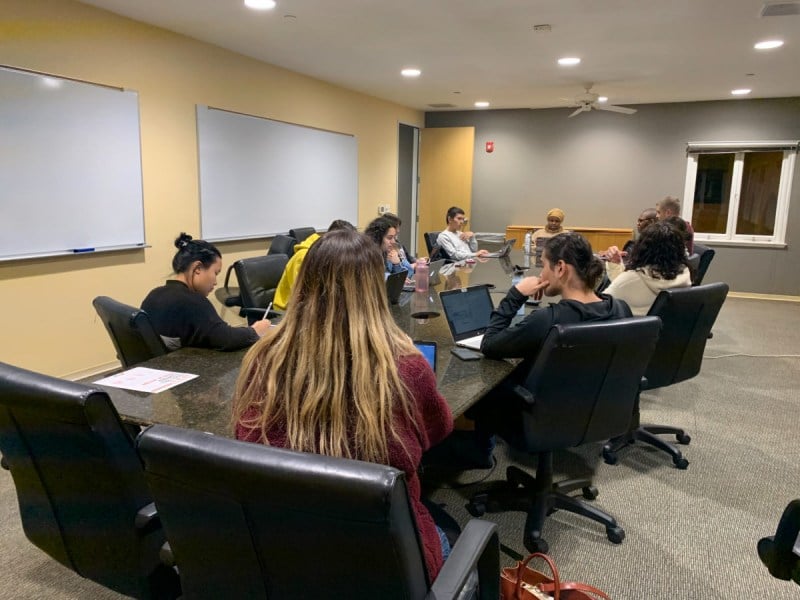This spring, when students vote in the Associated Students of Stanford University elections, they will get to decide whether incumbents should enjoy the advantage that upperclassmen currently receive in the Undergraduate Senate elections.
A constitutional amendment approved on Tuesday by the Senate would get rid of the “upperclass district,” which currently reserves three seats for sophomore, junior or senior candidates, and give incumbent senators the priority for these seats instead. If there are no incumbent candidates, the advantage will be given back to upperclassmen.
The amendment is designed to increase institutional knowledge on the Senate, a body which has historically suffered from low retention rates.
However, this year, six senators are running for reelection. Three sitting senators are also running to be the ASSU executives.
The Senate also passed a bill creating a procedure for student groups who fail to request an annual grant by the deadline. They agreed to amend the bylaws to allow the Senate appropriations committee to allocate a group 50% of its recommended funding, following the precedent set after The Daily failed to submit its application on time last year. Student organizations may also petition the student body directly for a different annual grant.
This year, student groups such as the Stanford African Students Association and Stanford Health Innovation in Future Technology (SHIFT) that failed to fully complete their funding application were allowed to petition the student body for the funds they would have requested. While SASA reached the required signature count and will receive its full funding, SHIFT failed to meet the threshold.
The Senate unanimously approved a resolution in support of a permanent community center for the disability community. The movement to create a permanent center has existed since the 1990s, and an Abilities Hub (A-Hub) center was created in 2017. However, A-Hub shares a conference room with BEAM, the Office of Accessible Education and the Schwab Learning Center. A-Hub reservations are given the lowest priority because the conference room is a necessary workspace for the other organizations housed there.
The Senate passed a similar resolution in January 2019.
The Senate also approved a resolution in support of divesting Stanford’s endowment from fossil fuel following weeks of protests by Fossil Free Stanford.
Also discussed was a resolution to rename Jordan Hall, which is named after David Starr Jordan, the first president of Stanford and a promoter of eugenics. The resolution cites Jordan’s advancement of “the racist and ableist science of human improvement through selective and restrictive reproduction.”
Finally, the Senate discussed a resolution to demonstrate solidarity with the striking #COLA4All graduate students. The resolution comes after graduate teaching assistants at University of California Santa Cruz engaged in a grade strike, withholding undergraduate grades until the University agrees to provide a raise which they insist many students need to afford the cost of living in Santa Cruz. Last week, the Graduate Student Council passed a similar bill calling for solidarity.
The Senate will vote on both resolutions at its meeting next week.
Contact Emma Talley at emmat332 ‘at’ stanford.edu.
